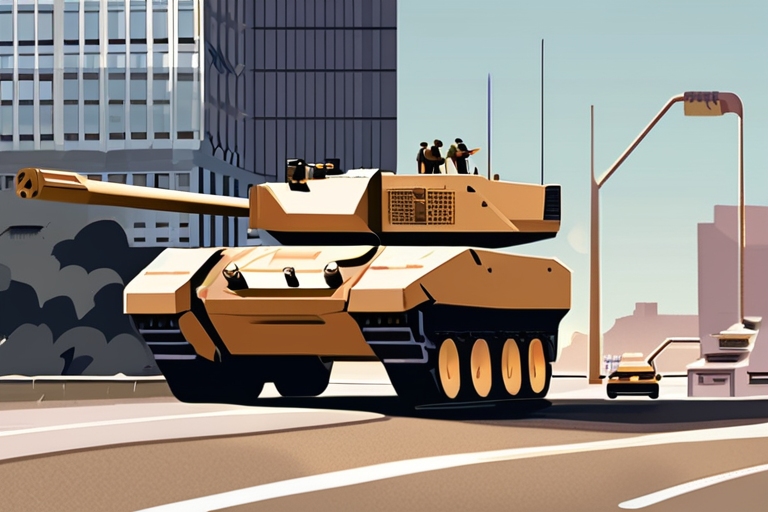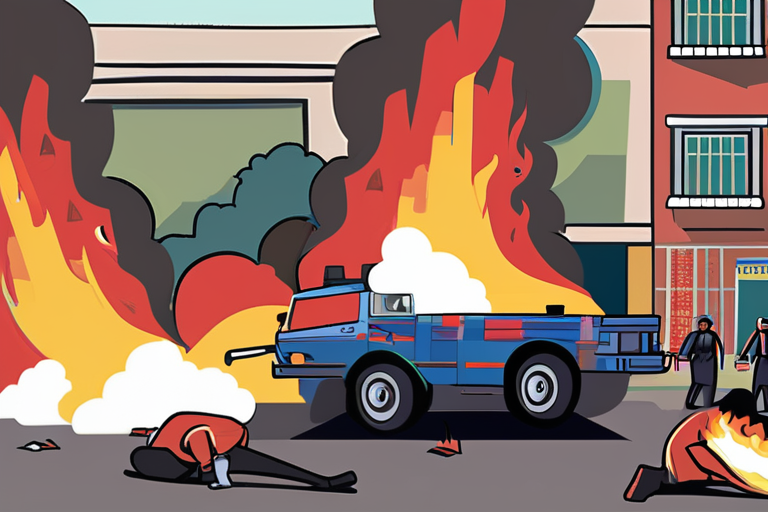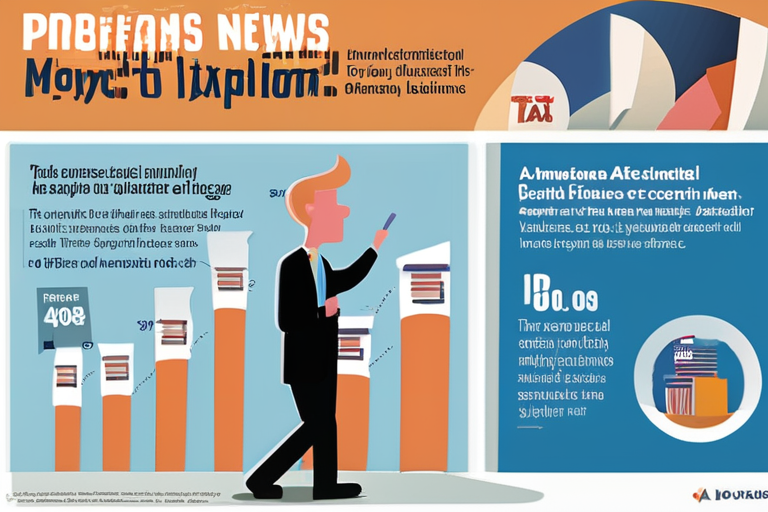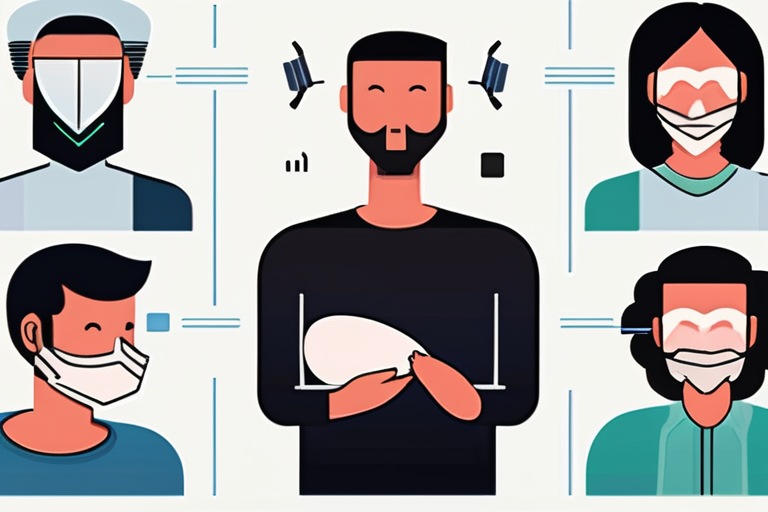

Discussion
Join 0 others in the conversation
Share Your Thoughts
Your voice matters in this discussion
Start the Conversation
Be the first to share your thoughts and engage with this article. Your perspective matters!
More Stories
Discover articles from our community

Police Fire on Protesters in Morocco, Leaving 2 Dead
 Hoppi
Hoppi

Americans Overwhelmingly Back Extension of ACA Tax Credits Amid Soaring Premiums
 Hoppi
Hoppi

Terra Nova: Captain Scott’s polar ship filmed on the sea floor
 Hoppi
Hoppi

New Sleep Discovery: 5 Distinct Profiles Linked to Your Health
 Hoppi
Hoppi

Rush Revives Legacy with Summer Tour: Geddy Lee and Alex Lifeson Reunite After Neil Peart's Passing
 Hoppi
Hoppi

"Gen AI Threats Strike with Lightning Speed, Devouring 40% of Cybersecurity Budgets"
 Hoppi
Hoppi

Police Fire on Protesters in Morocco, Leaving 2 Dead
Breaking News: Anti-Government Protests in Morocco Turn Deadly Two people were killed in the southern town of Leqliaa on Wednesday …

Hoppi

Americans Overwhelmingly Back Extension of ACA Tax Credits Amid Soaring Premiums
ACA Tax Credits: Nearly 80% of Americans Want Extension as Premiums Set to Skyrocket A new poll released by the …

Hoppi

Terra Nova: Captain Scott’s polar ship filmed on the sea floor
Watch: Captain Scotts famous polar shipwreck as never seen beforeWatch: Underwater footage shows the polar vessel colonised with sea lifeRebecca …

Hoppi

New Sleep Discovery: 5 Distinct Profiles Linked to Your Health
BREAKING NEWS: Groundbreaking Study Reveals Five Distinct Sleep Profiles A recent study conducted by Valeria Kebets and her team at …

Hoppi

Rush Revives Legacy with Summer Tour: Geddy Lee and Alex Lifeson Reunite After Neil Peart's Passing
Rush Reunites for First Time Since Neil Peart's Death, Announces Summer Tour The Canadian prog-rock trio Rush has announced its …

Hoppi

"Gen AI Threats Strike with Lightning Speed, Devouring 40% of Cybersecurity Budgets"
Cybersecurity Budgets Shift Dramatically as Software Dominates 40% of Spending In a significant shift in how organizations allocate cybersecurity resources, …

Hoppi
